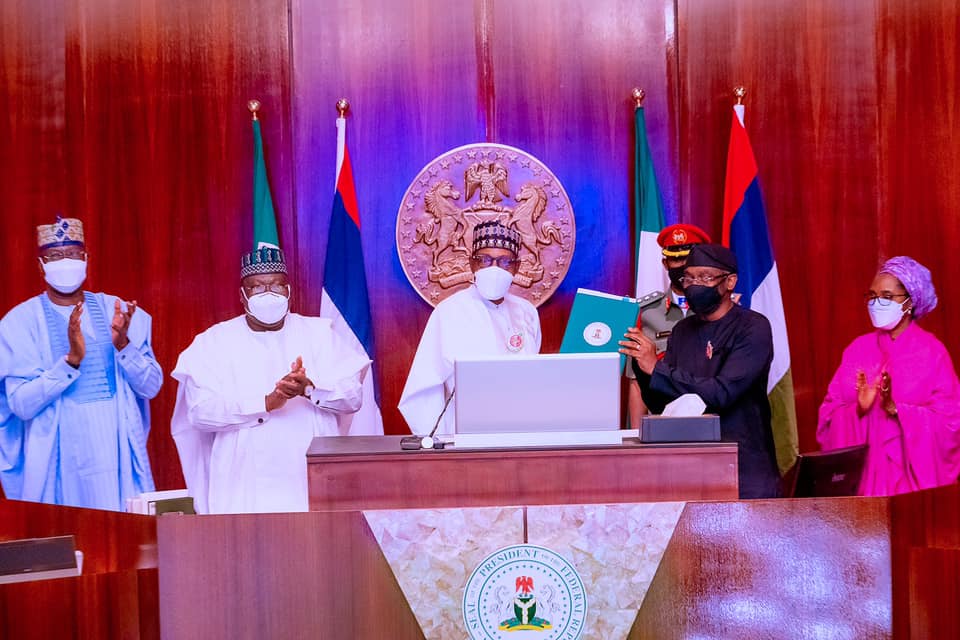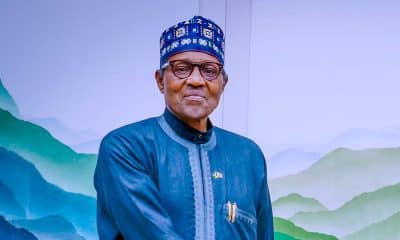Nigeria News
Concerns As Budget Deficit Rises 370%, Hits N47tn Under Buhari

The total budget deficit under the Muhammadu Buhari-led government is set to hit N47.43tn.
An analysis of the Federal Government’s data from the Budget Office of the Federation shows that deficit financing has risen by 370.54 percent from N2.41tn in 2016 to N11.34tn in 2023.
According to The Punch, the budget data cover the actual budget deficits and projections for 2015, 2016, 2017, 2018, 2019, 2020, 2021, 2022, and 2023 fiscal years.
In Q3 and Q4 of 2015, total deficit financing amounted to N841.48bn, it rose to N2.41tn in 2016, N3.81tn in 2017, N3.65tn in 2018, N4.18tn in 2019, N6.59tn in 2020, N6.44tn in 2021.
While the total deficit for 2022 has not been released, the budget office expects the deficit to hit N8.17tn (of which N6.37tn had been spent as of November 30, 2022). The office also anticipates a high deficit financing of N8.17tn for the 2023 fiscal year.
Between Q3, Q4 of 2015, 2016, 2017, 2018, 2019, 2020, the first three quarters of 2021, and the first four months of 2022, the Federal Government spent N23.66tn on personnel costs, pensions, overhead costs, presidential amnesty programme, other service-wide votes, and special interventions.
It also spent N14.13tn on servicing domestic and foreign debts, as well as N10.47tn on capital expenditure.
Recall that the Minister of Finance, Budget, and National Planning, Zainab Ahmed, had disclosed that the government was struggling to raise revenue for its expenditure.
In a document titled ‘Public Consultation on the Draft 2023 – 2025 MTFF/FSP,’ she said, “Revenue generation remains the major fiscal constraint of the federation. The systemic resource mobilisation problem has been compounded by recent economic recessions.”
While defending the 2022 budget, she stated, “If we just depend on the revenues that we get, even though our revenues have increased, the operational expenditure of the government, including salaries and other overheads, is barely covered or swallowed up by the revenue.
“So, we need to borrow to be able to build these projects that will ensure that we’re able to develop on a sustainable basis. Nigeria’s borrowing has been of great concern and has elicited a lot of discussions. But if you look at the total size of the borrowing, it is still within healthy and sustainable limits.”












